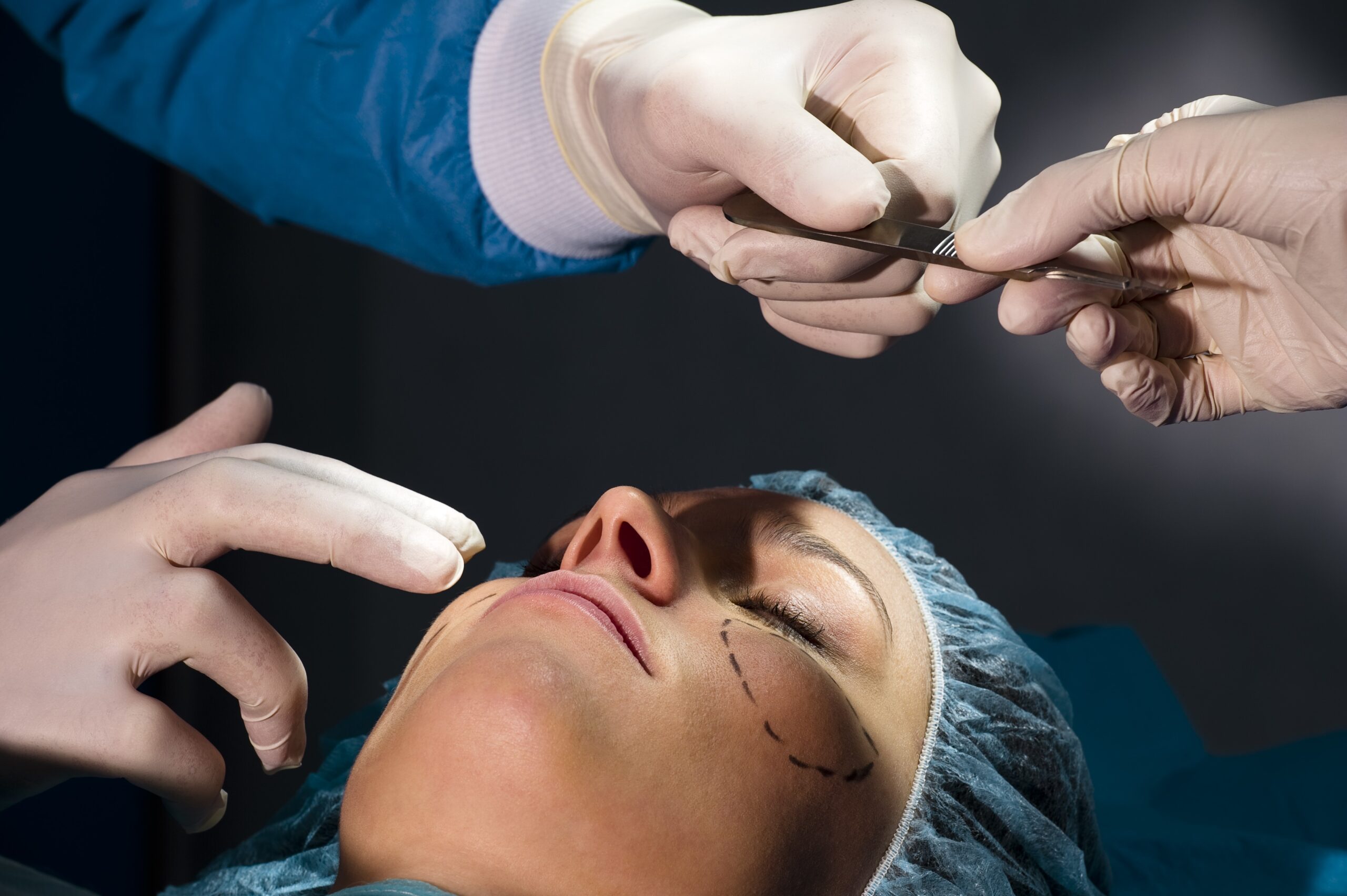One of the most common questions I’m asked about, particularly in criminal matters and medical negligence cases where clients have recorded conversations with physicians, is whether recordings taken during private conversations without the consent of the other party can be used in evidence against them or in their client’s defence. Simply, the answer is ‘no’ but with exceptions.
Section 7 of the Surveillance Devices Act 2007 (NSW) prohibits the installation and use of listening devices to overhear, record, or monitor private conversations to which a person is a party. The exceptions are probably fairly obvious and include a situation where a person impliedly or expressly consents, the use is in the context of authorised police operations and in the protection of rights in relation to refusals to participate in police interviews.
In the recent Court of Appeal cases of Bandao v R, Bruce v R [2018] NSWCCA 181 however, the Court stepped out the means by which a party could introduce evidence of recorded conversations where the evidence they gave under cross-examination relied on it. The two men had been convicted of various sex charges on two women. On the evening of the alleged offences the girlfriend of one of the men (Ms T) took a recording of her discussions with one of the complainants.
During the trial the barrister for the men began asking a series of questions of the complainant in cross-examination about the conversation. It soon became apparent that he had access to a recording. The recording was disclosed to the Crown who then gave a copy to the complainant (whilst still in cross-examination – a serious ‘no no’). All hell broke loose. The Judge was not happy and an application followed to permanently stay the prosecutions. The men were however ultimately convicted.
On appeal it was apparent that the recording was illegal, among other things, because Ms T took the recording to protect her own interests and those of her boyfriend. However, had the defendant made application under the Evidence Act s138 prior to Ms T giving evidence, then the Court would have had the discretion to allow it into evidence and for a copy to have been provided to the complainant prior to her giving evidence.










